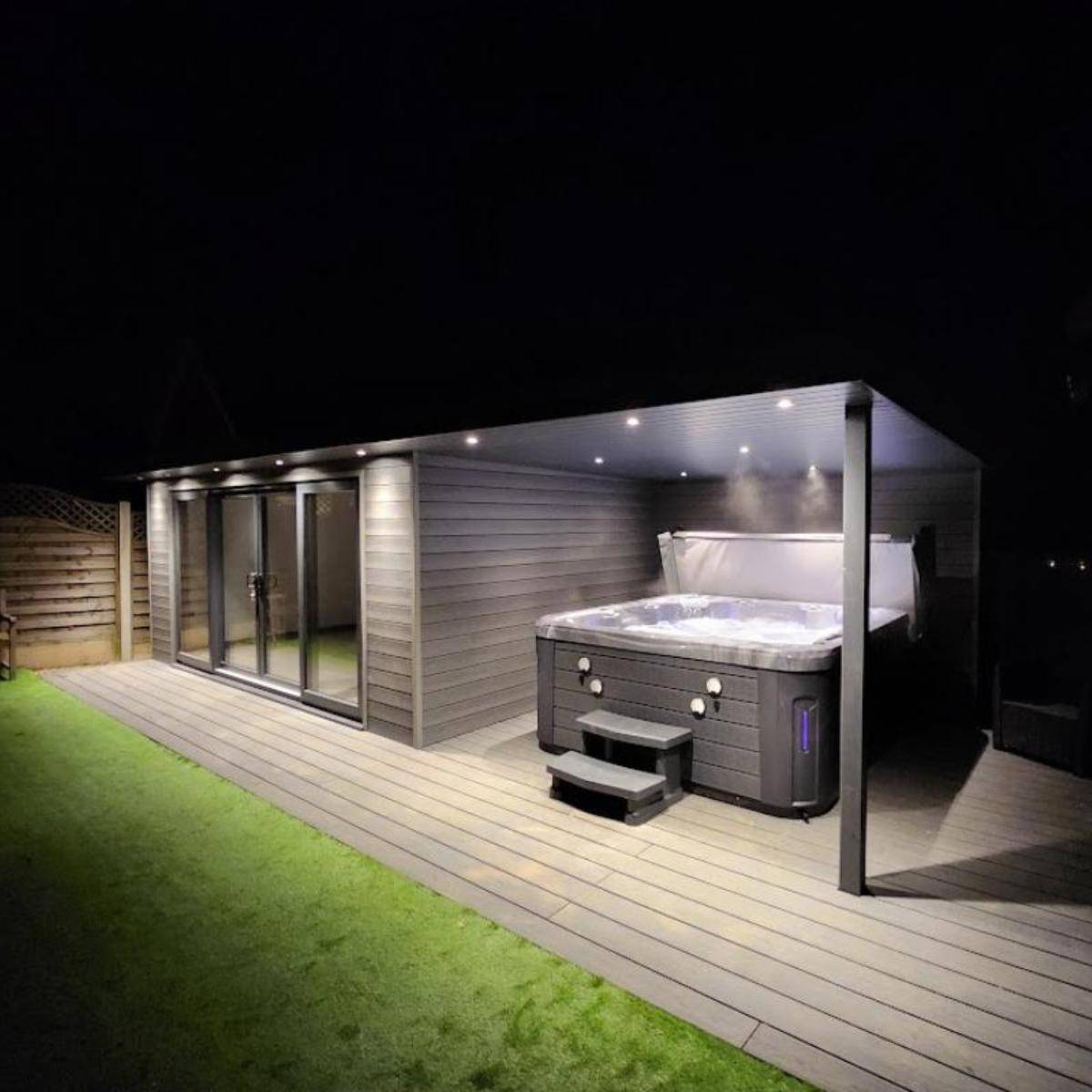Signs Your Boiler Needs Replacing Before Winter Starts
This is a collaborative post.
As temperatures drop, the last thing you want is a heating system that fails when you need it most. Boilers often show warning signs before breaking down, but many homeowners miss them until it’s too late.
Replacing your boiler at the right time saves money, prevents stress, and ensures your home stays warm all winter. If you’re unsure whether your current system is up to the task, keep reading to find out the clear signs you shouldn’t ignore.

Signs you need to consider replacing your boiler
Rising Energy Bills That Don’t Add Up
A sudden jump in energy bills is often a sign your boiler’s struggling. Older systems work harder to deliver the same heat, so you end up paying more without added comfort.
Modern, energy-efficient models are built to cut waste and lower costs. If you’re unsure which option is right for you, check out the iHeat boilers, known for their efficiency, quick installation, and reliable performance. Replacing your boiler might be less expensive than you imagine.
Strange Noises And Unusual Smells
Boilers should run quietly. If you’re noticing banging, gurgling, or whistling, it’s often due to worn parts or trapped air. While minor issues can sometimes be fixed, frequent noises suggest the system is near the end of its life. Any unusual smells, such as a metallic or sulphur scent, should never be ignored, as they may indicate dangerous leaks.
Frequent Breakdowns And Repairs
Needing to call an engineer once or twice is expected, but repeated breakdowns are a red flag. The cost of regular repairs quickly adds up and may even outweigh the price of a replacement. As boilers age, parts become harder to source, and repairs take longer. If you’re arranging more than one major repair a year, replacing the boiler before winter is often the smarter choice.
Uneven Heating Across The Home
A working boiler should heat every room evenly. If you’re finding cold spots in some areas while others are too warm, it suggests the system can no longer distribute heat efficiently. This could be due to internal wear, limescale build-up, or poor pressure. When adjustments don’t resolve the issue, it’s usually time to consider replacing your boiler.
Yellow Flame Instead Of Blue
A healthy gas boiler produces a strong blue flame. If the flame turns yellow or orange, it may be burning fuel inefficiently or even releasing harmful carbon monoxide. This is a serious safety risk that requires immediate attention from a Gas Safe engineer. Often, the safest long-term solution is replacing the boiler completely.
Struggles With Hot Water Supply
Another common sign is inconsistent hot water. If your showers are going cold or the water takes far too long to heat, the boiler might not be performing at the level it should. Even though repairs can sometimes help, repeated issues suggest a new system is the better long-term fix so consider replacing your boiler.
The Age Of Your Boiler
Most boilers last between 10 and 15 years when serviced regularly. Beyond this point, efficiency drops, and faults become more common. An older boiler might still work, but it’s unlikely to perform at its best. Replacing it before winter ensures you’ll have reliable heating when you need it most.
Wrapping It Up
Your boiler is central to home comfort, and ignoring warning signs risks costly breakdowns in winter. Rising bills, odd noises, and poor performance are often easy to spot if you know what to check. Acting early boosts efficiency, cuts costs, and keeps your family safe. Before the cold sets in, it’s always best to ensure your boiler’s ready for winter and replacing your boiler if needed.
Will you be replacing your boiler this year?






